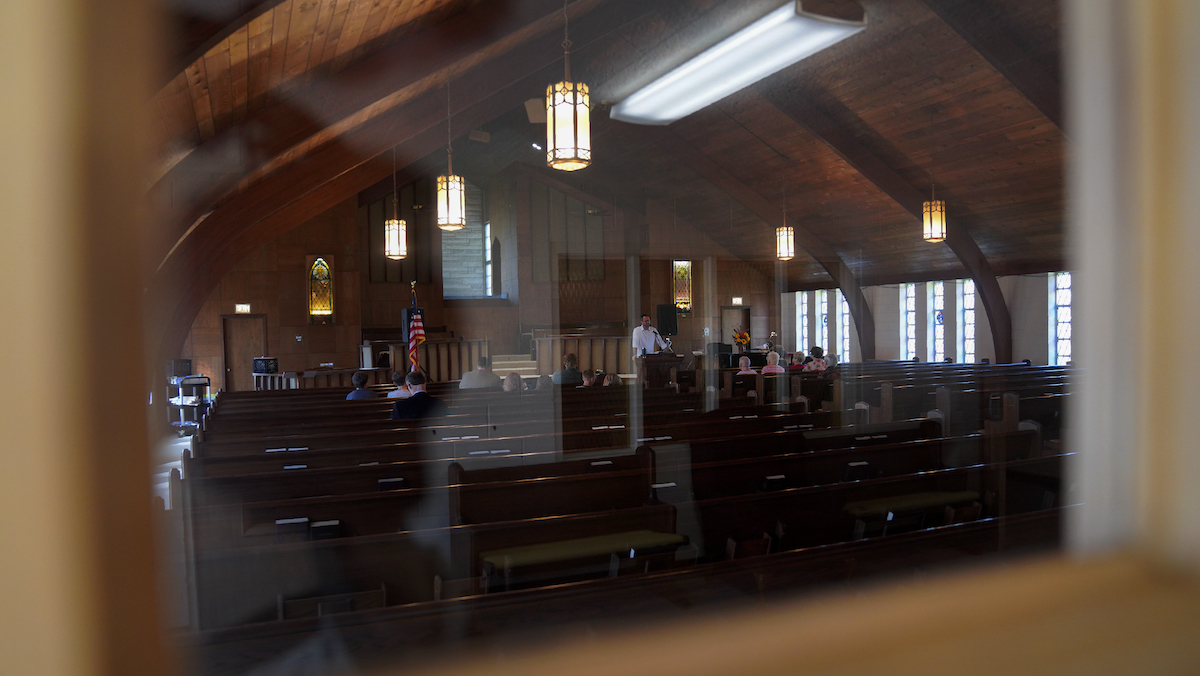
Leaders of major churches have accused Israeli authorities of launching a “coordinated attack” on the Christian presence in the Holy Land by initiating tax proceedings against them.
While Israeli officials have tried to dismiss the disagreement as a routine financial matter, the churches say the move upsets a centuries-old status quo and reflects mounting intolerance for the tiny Christian presence in the Holy Land.
In a letter to Prime Minister Benjamin Netanyahu this week, the heads of the major Christian denominations alleged that four municipalities across Israel had recently submitted warning letters to church officials cautioning them of legal action if they did not pay taxes.
“We believe these efforts represent a coordinated attack on the Christian presence in the Holy Land,” wrote the heads of the Catholic, Greek Orthodox and Armenian Orthodox churches. “In this time, when the whole world, and the Christian world in particular, are constantly following the events in Israel, we find ourselves, once again, dealing with an attempt by authorities to drive the Christian presence out of the Holy Land.”
We've got the news you need to know to start your day. Sign up for the First & 4Most morning newsletter — delivered to your inbox daily. >Sign up here.
Christians are a tiny minority, making up less than 2% of the population of Israel and the Palestinian territories. There are 182,000 Christians in Israel, 50,000 in the West Bank and Jerusalem and 1,300 in Gaza, according to the U.S. State Department. The vast majority are Palestinians.
US & World
The churches, who are major landowners in the Holy Land, say they do not pay property taxes under longstanding tradition. They say their funds go to services that benefit the state, like schools, hospitals and homes for the elderly.
The letter said the municipalities of Tel Aviv, Ramla, Nazareth and Jerusalem in recent months have all either issued warning letters or commenced legal action for alleged tax debts.
The Jerusalem municipality told The Associated Press that the church had not submitted the necessary requests for tax exemptions over the last few years. It said that “a dialogue is taking place with the churches to collect debts for the commercial properties they own.”
The other municipalities did not immediately comment. It was unclear if the municipalities acted in a coordinated effort or whether the tax moves are coincidental.
In 2018, Christians closed the Church of the Holy Sepulchre — revered by Christians as the site of Jesus’ crucifixion and resurrection — to protest a move by Israeli officials to impose taxes on commercial properties in the holy city.
The Christian leaders argued that the sites — like pilgrim hostels and information centers — served important religious and cultural purposes, and that taxing them would infringe on Christian religious observance in the Holy Land. After the public backlash, Netanyahu quickly suspended the plan.




